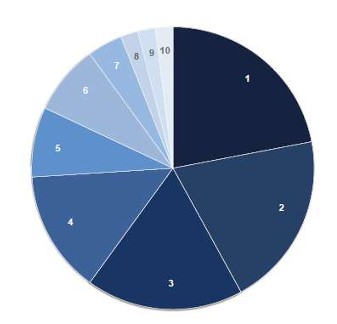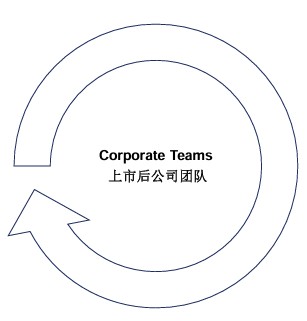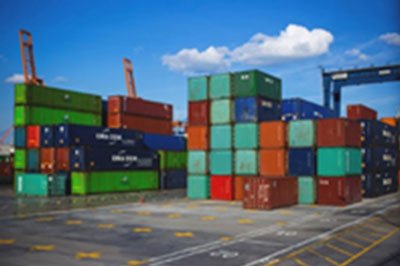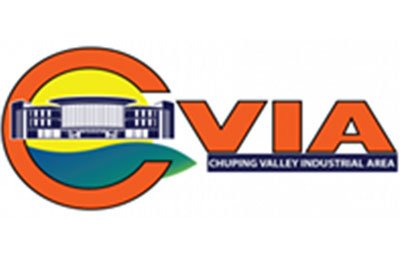Why re-domicile to Labuan?
Economic Substance Act 2018
The International Tax Co-operation (Economic Substance) Law 2018
Labuan Business Activity Tax Regulation 2018
- Banking business;
- Distribution and service centre business;
- Financing and leasing business;
- Fund management business;
- Headquarters business;
- Holding company business;
- Insurance business;
- Intellectual property business; or
- Shipping business.
- Banking business;
- Distribution and service centre business;
- Financing and leasing business;
- Fund management business;
- Headquarters business;
- Holding company business;
- Insurance business;
- Intellectual property business; or
- Shipping business.
- Labuan insurance business;
- Labuan international commodity trading company;
- Labuan banking business;
- Labuan trust company;
- Labuan leasing company;
- Labuan credit token company;
- Labuan development finance company;
- Labuan building credit company;
- Labuan factoring company;
- Labuan money broker;
- Labuan fund manager;
- Labuan securities licensee;
- Labuan fund administrator;
- Labuan company management;
- Labuan international financial exchange;
- Self-regulatory organisation; or
- Holding company.
- Other trading entity such as administrative, accounting, legal services and management services.
(for Labuan entity that undertakes pure equity holding activities, no Full Time Employees required but to comply with management and control requirements).
(RM3mil for Labuan International Commodity Trading Company)
- Direction and management in the islands;
- Adequate expenditure and employees and appropriate premises in the islands and
- CIGA carried on in the islands.
- Direction and management in the islands;
- Adequate expenditure and employees and appropriate premises in the islands and
- CIGA carried on in the islands.
- Physical office in Labuan; and
- Expenditure and employees as per minimum requirements
Penalty of USD5k to USD20k (high risk IP entity will be USD50k)
Second determination:
Penalty of USD10k to USD200k (high risk IP entity will be USD400k)
Final – COMPULSORY STRIKE-OFF
Subsequent year: USD100k
Final – COMPULSORY STRIKE-OFF
Consequently, it will be taxed at a higher rate of 24% under LBATA.
It is an offence for non-compliance on the Economic Substance requirements and company may subject to significant fines or eventually being compulsory struck off. Beneficial ownership on the company assets, shares, subsidiaries and other investments will be lost and Directors may be disqualified from acting as a director.
Group restructuring may take place but subject to limitations. Careful considerations should be taken on double taxation issue, withholding tax and additional stamp duty charges. In addition, the BVI or Cayman Islands company is non-replaceable if it is used as listing vehicle for the group.
Re-domiciliation to Labuan can be a better solution in order to maintain status quo given the comprehensive taxation system of Labuan. It is also worth mentioning that there is no withholding tax on interest payments, no stamp duty and no tax on dividend declared to Malaysia.


























